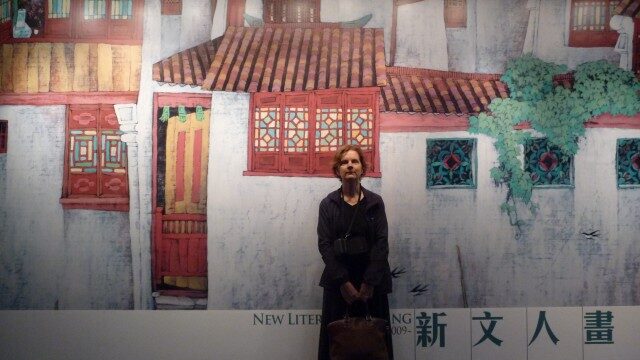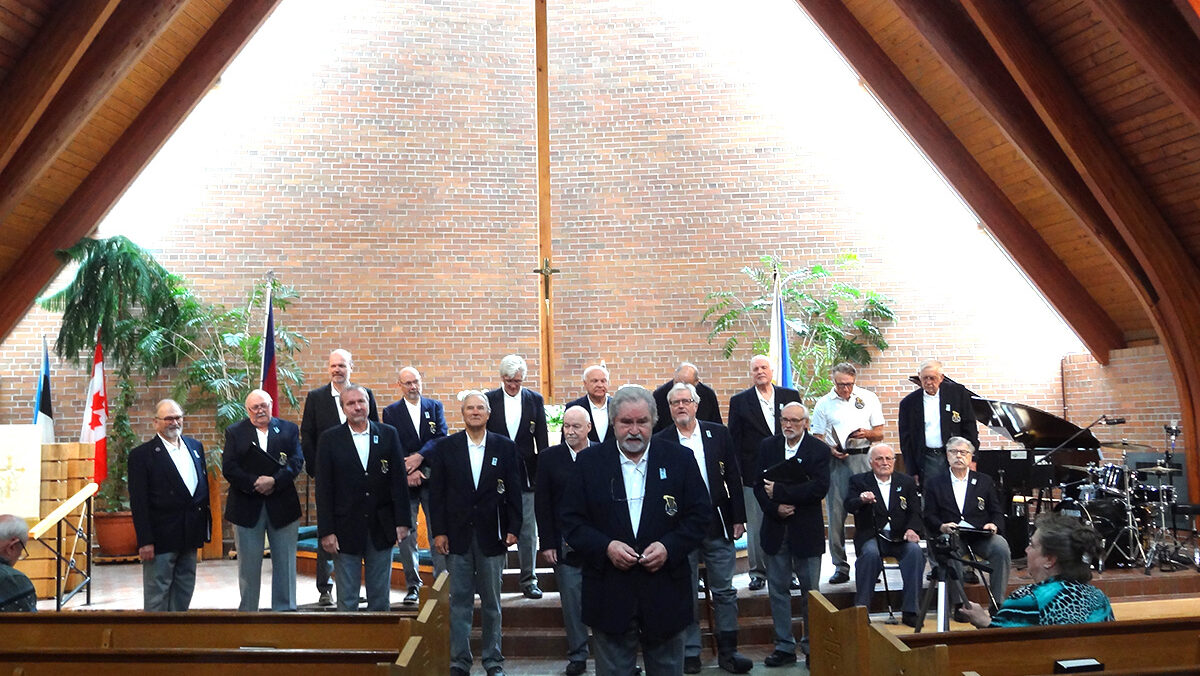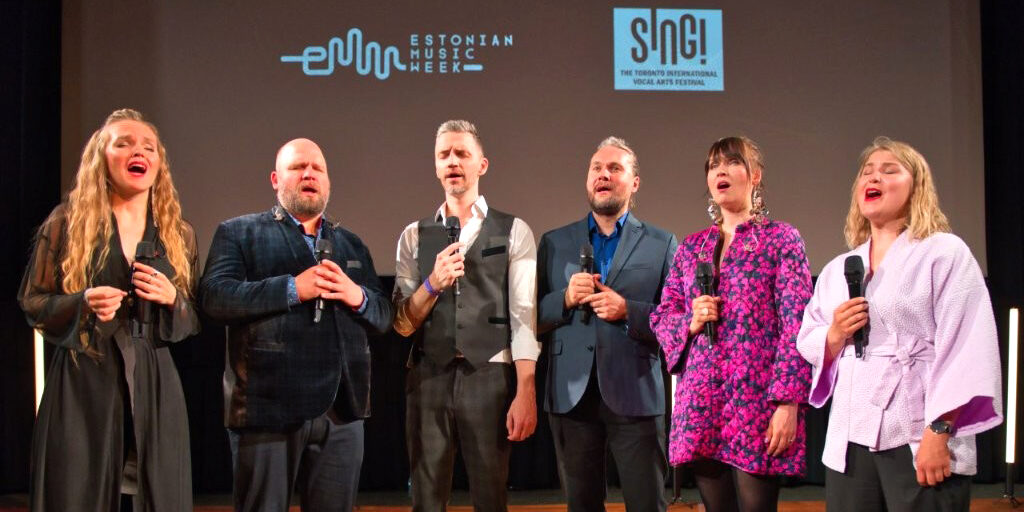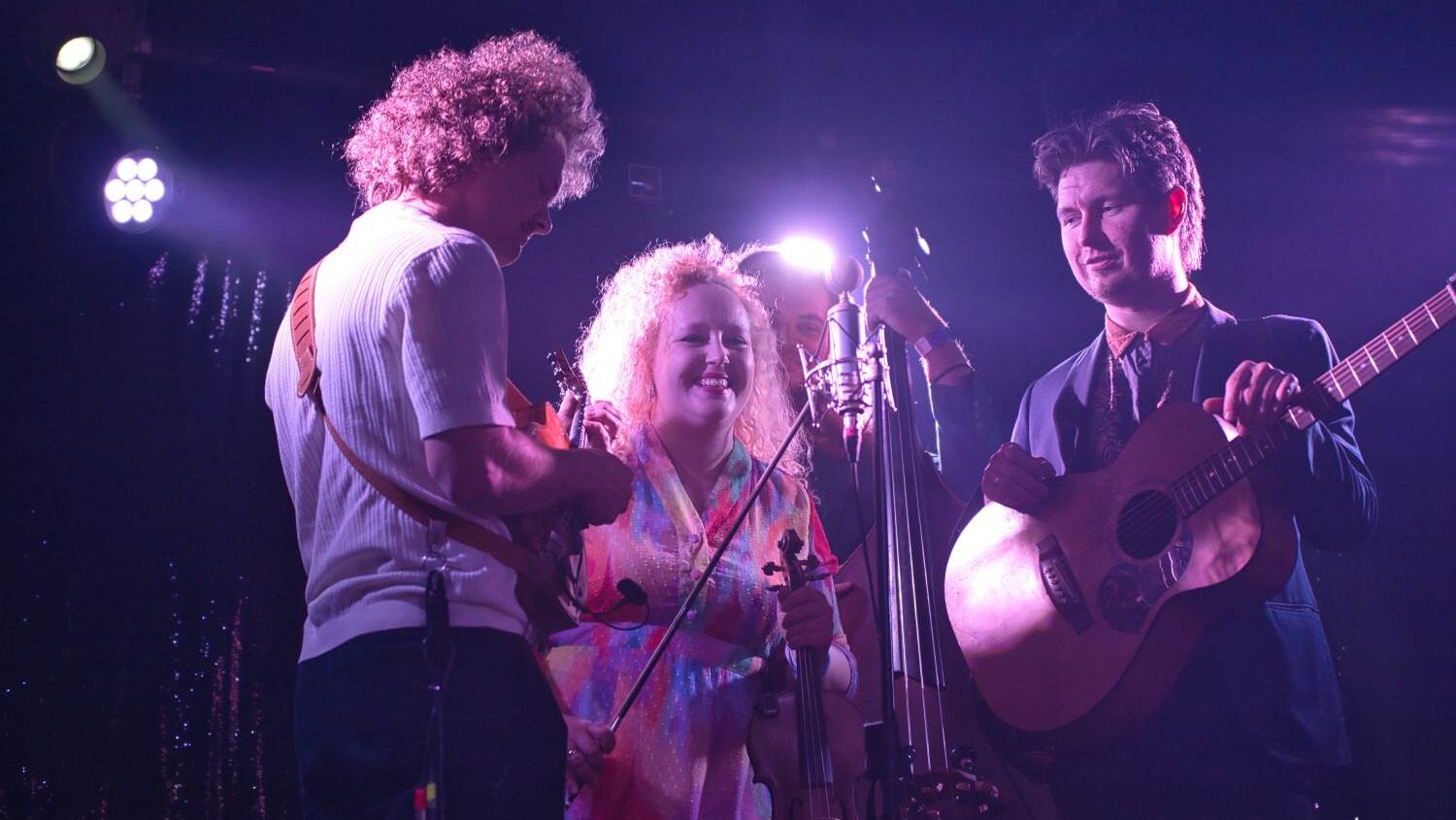While my main field of study is neuroscience, the main attraction of Hong Kong has always been the very vibrant academic exchanges and beautiful natural environment, especially during my stay at Robert Black College (RBC), University of Hong Kong (HKU), in the Mid-Levels district of Hong Kong Island. Robert Black College is located just below Lung Fu Shan Country Park, which is a heavily forested parkland on the steep slopes above University Drive. By contrast, the area downhill from the main HKU campus has evolved into a dense maze of urban spaces, which continues all the way down to the Central District and Star Ferry Pier at the ocean harbour level. The Lung Fu Shan parkland is so heavily forested that it is easy to forget that the city is down below.
Since the whole university is built on a mountain slope, this often involves navigating steep but picturesque staircases with views of the ocean and outer islands in the distance.
Opened in 1967, Robert Black College on University Drive has historically been the preferred residence for visiting overseas scholars at HKU. The main campus is just down the hill and it’s an easy walk to the library and other research departments. Since the whole university is built on a mountain slope, this often involves navigating steep but picturesque staircases with views of the ocean and outer islands in the distance.
Become a subscriber to continue reading!
Every week we bring you news from the community and exclusive columns. We're relying on your support to keep going and invite you to subscribe.
Starting from $2.30 per week.




